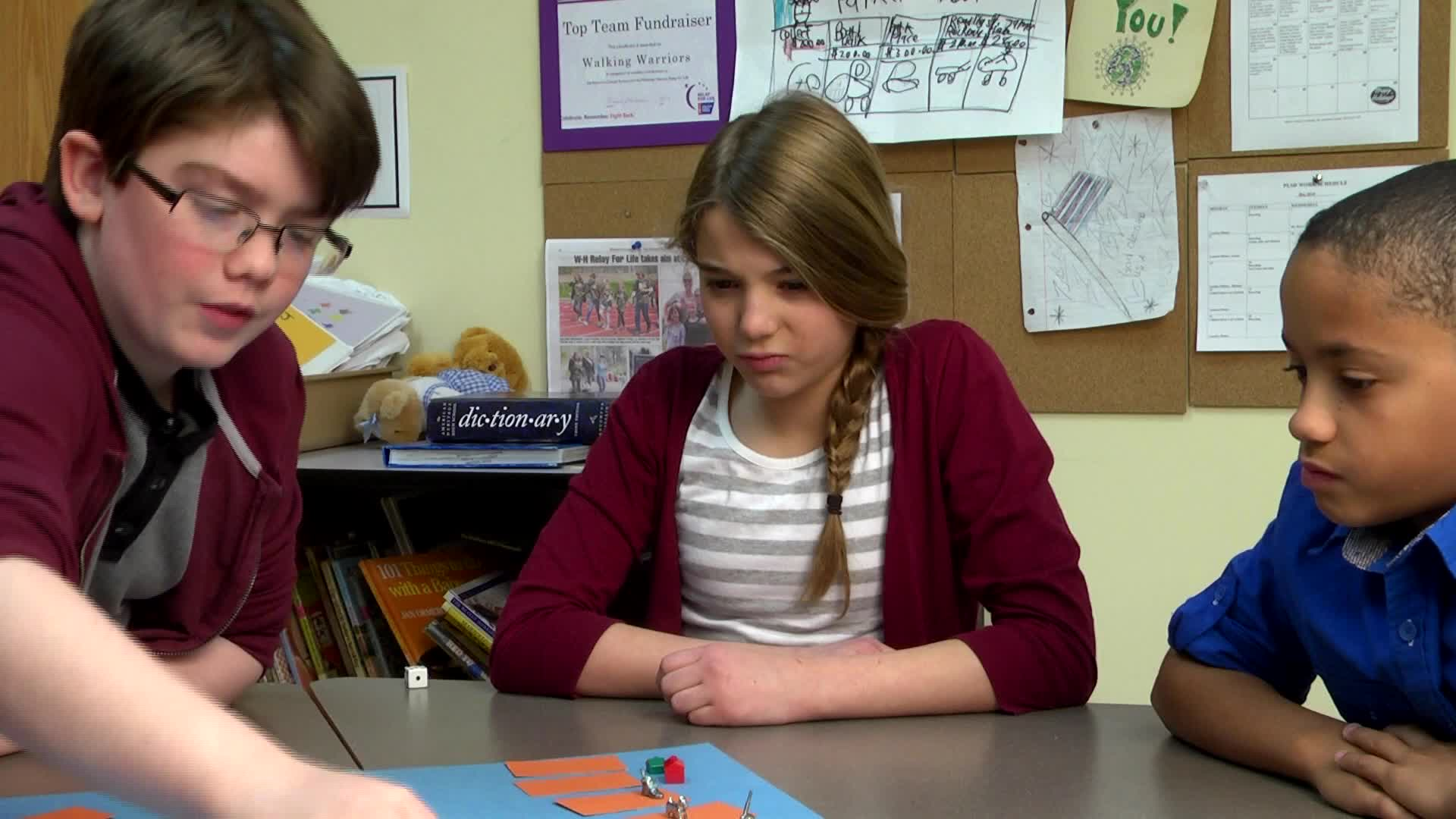Introduction
Learning to accept both victories and defeats with grace is an essential life skill for all individuals. For students, being a good sport not only makes games and activities more enjoyable, but it also helps them develop strong social-emotional skills. This blog post will discuss the importance of teaching good sportsmanship, provide a no-prep activity for educators, and suggest discussion questions to engage students in meaningful conversations.
No-Prep Activity: Role-Playing Scenarios
This activity requires no preparation or materials and can be easily adapted to any classroom. The goal is to help students understand and practice being good sports in various situations.
- Divide students into small groups.
- Assign each group a scenario where they have to demonstrate good sportsmanship. Examples include losing a game, winning a game, or supporting a teammate who is struggling.
- Give students a few minutes to discuss and practice their scenario.
- Have each group present their role-play to the class, showcasing how to be a good sport in their assigned situation.
- After each presentation, discuss as a class what the group did well and what could be improved.
Discussion Questions
- What does it mean to be a good sport? How does it affect the people around you?
- Can you think of a time when you were a good sport? How did it make you feel? How did it make others feel?
- What are some ways you can show good sportsmanship even when you are feeling frustrated or upset?
- Why is it important to be a good sport, even when you are not the one playing the game?
- How can being a good sport help you build positive relationships with your peers?
Related Skills
Good sportsmanship is just one of the many important social-emotional skills students need to develop. Here are some other related skills that can help students become more well-rounded individuals:
- Empathy: Understanding and sharing the feelings of others is a crucial part of being a good sport.
- Resilience: The ability to bounce back from setbacks and disappointments is essential for maintaining a positive attitude, even when losing.
- Self-regulation: Managing emotions and reactions in a healthy way is key to demonstrating good sportsmanship.
- Teamwork: Working together and supporting others is an important aspect of being a good sport and fostering a positive group dynamic.
Next Steps
Helping students develop good sportsmanship and other social-emotional skills is an ongoing process. To support your teaching efforts, we encourage you to sign up for free samples of our skill-building resources. These materials can provide you with additional activities, videos, and discussion topics to further engage your students in the learning process. Together, we can help students become better sports and foster a more positive and inclusive environment for everyone.










